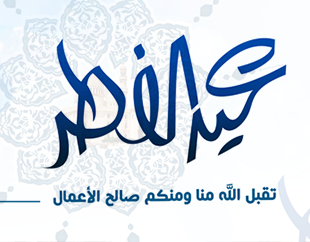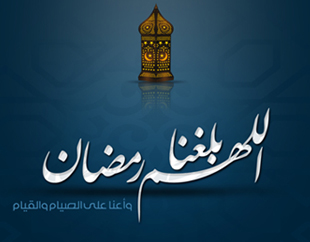
Fasting in islam
Sawm or Fasting (sawm) is the abstinence from food, drink, smoking and sex from dawn to sunset. The practice of fasting during the holy month of Ramadan is the fourth pillar of Islam. Apart from the fast of Ramadan, it is customary, according to the "Sunnah" to fast six days of the month "Shawwal" , according to the Muslim calendar. The Prophet Mohamed was also used to fast on Monday and Thursday.
The obligations of islamic fasting are two: it is mandatory to clearly and honestly attest to the intention to fast in his heart and must refrain from anything that could break the fast and fail it.
Many scientists, non-Muslims and Muslims, more than once recognized the spirit of fasting, and the its benefits on the body, and the heart.
How is the fasting invalidated?
The facts, which may cause breaking the fast during the day are:
- To eat and drink.
- To smoke.
- The voluntary ejaculation or intercourse.
- Apostasy by word, act or belief.
- Voluntary and caused vomiting.
- To sleep all day.
Nevertheless, there are some cases where the breaking of the fast does not cause its cancellation, such as:
- Distraction: to eat or drink without realizing it immediately, and forgetting that we are supposed to fast.
- The constraint: vomiting unintentionally.
- Ignorance: to commit an act that breaks the fast without knowing beforehand.
How to catch the breaking of the fast?
In case of breaking the fast for a valid reason, the person has to fast one day and catch-up for each of those she could not accomplish. Feeding a Muslim in need is also seen as a compensation for not fasting a day.
Breaking the fast for no reason should also be expiated. Thus, for each day not fasted, the person must be:
- Fasting sixty consecutive days (two months), if she can.
- Feed sixty poor people, if she has the means.
- Giving back the freedom for a slave, if she has one.
People exempted from fasting:
Some people are not allowed to fast, such as the elderly and prepubertal children. The indisposed women or pregnant women (depending on each case), the seriously ill and passengers over long distances has the right to postpone the fast.
Written by: Ali Youssef





May Allah reward you in all good actions you do and likewise guide
You in in the right path which ends
In paradise insha alaahu tacalaa